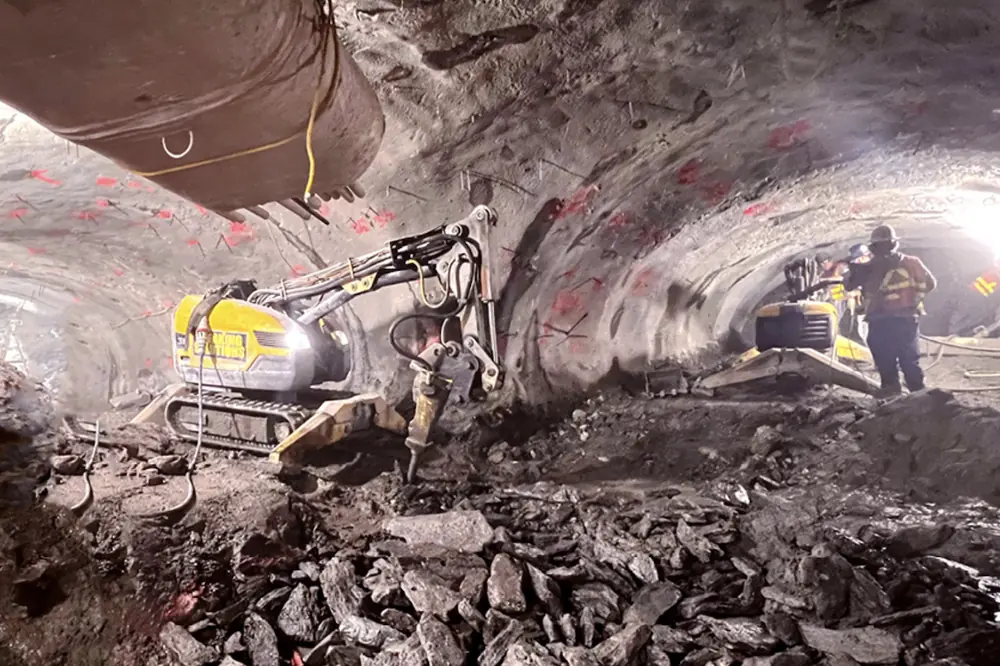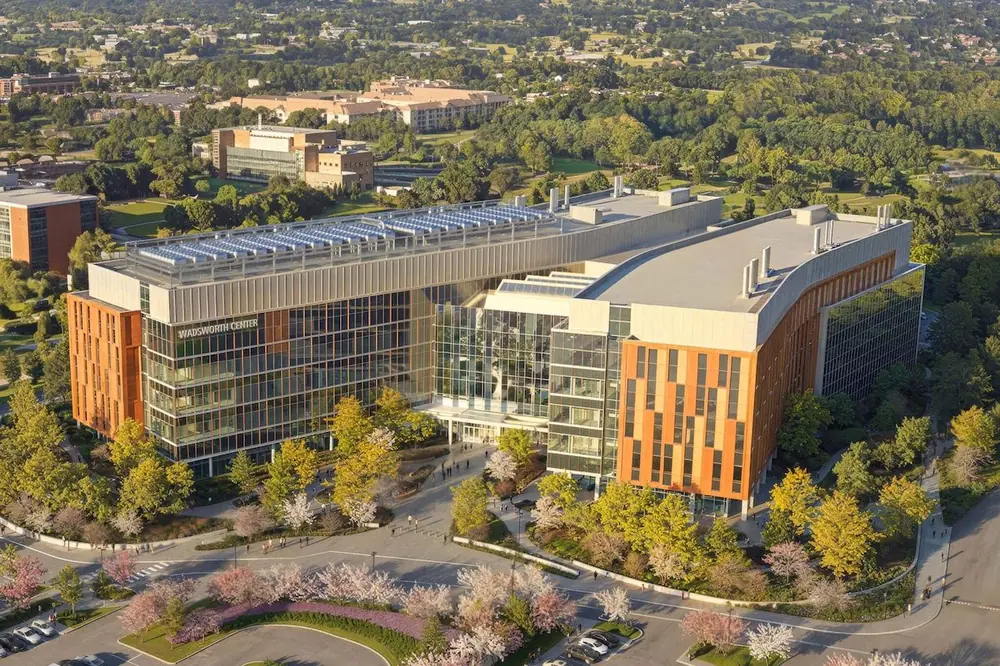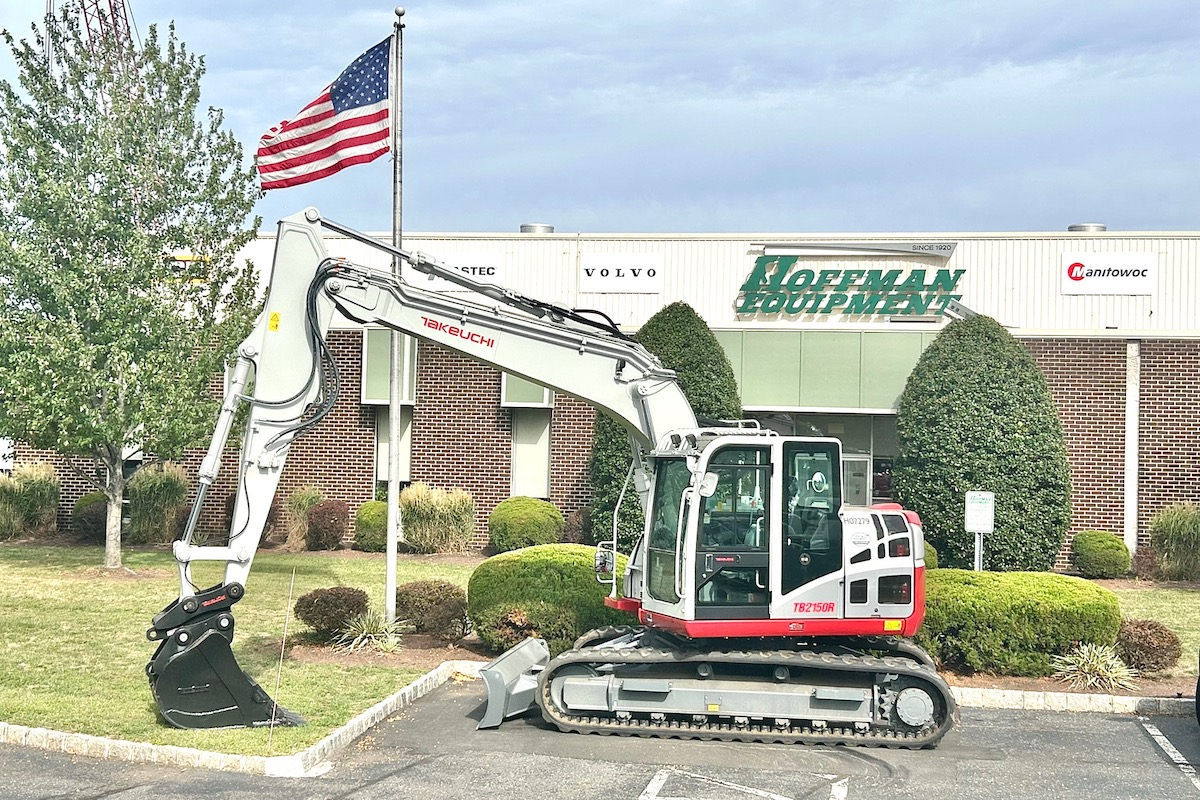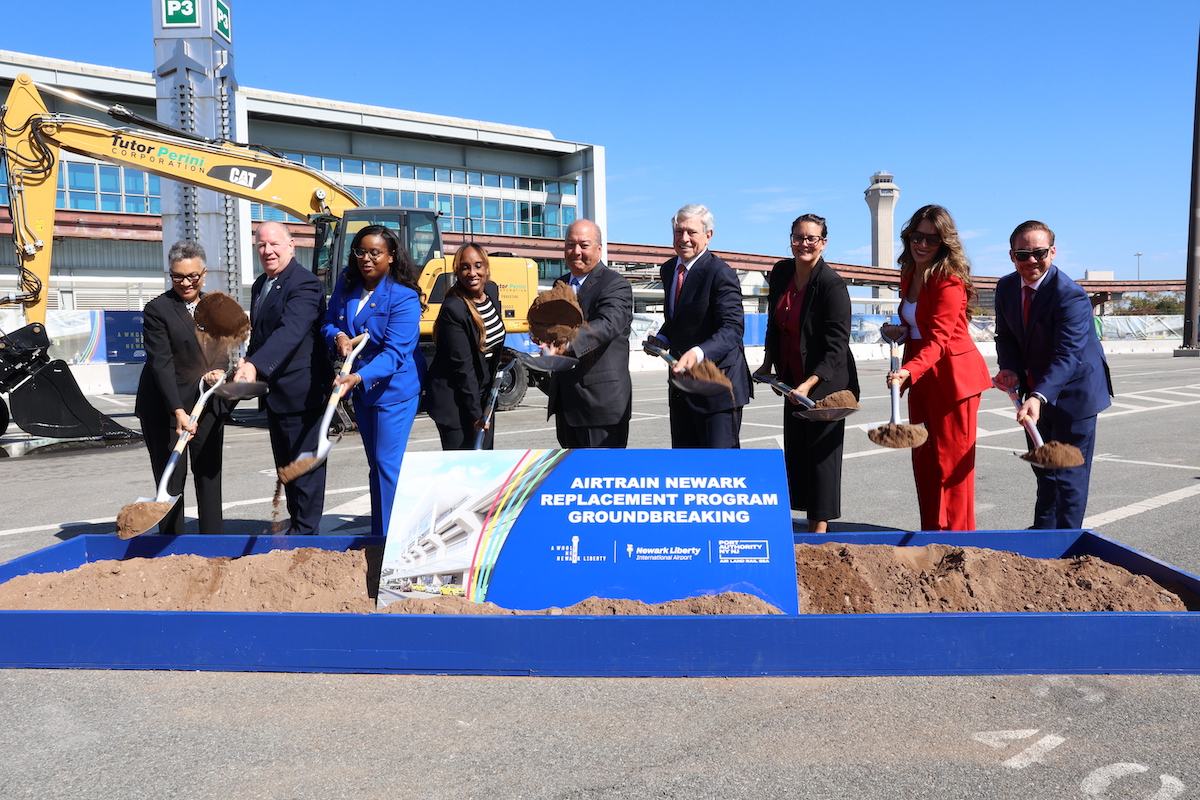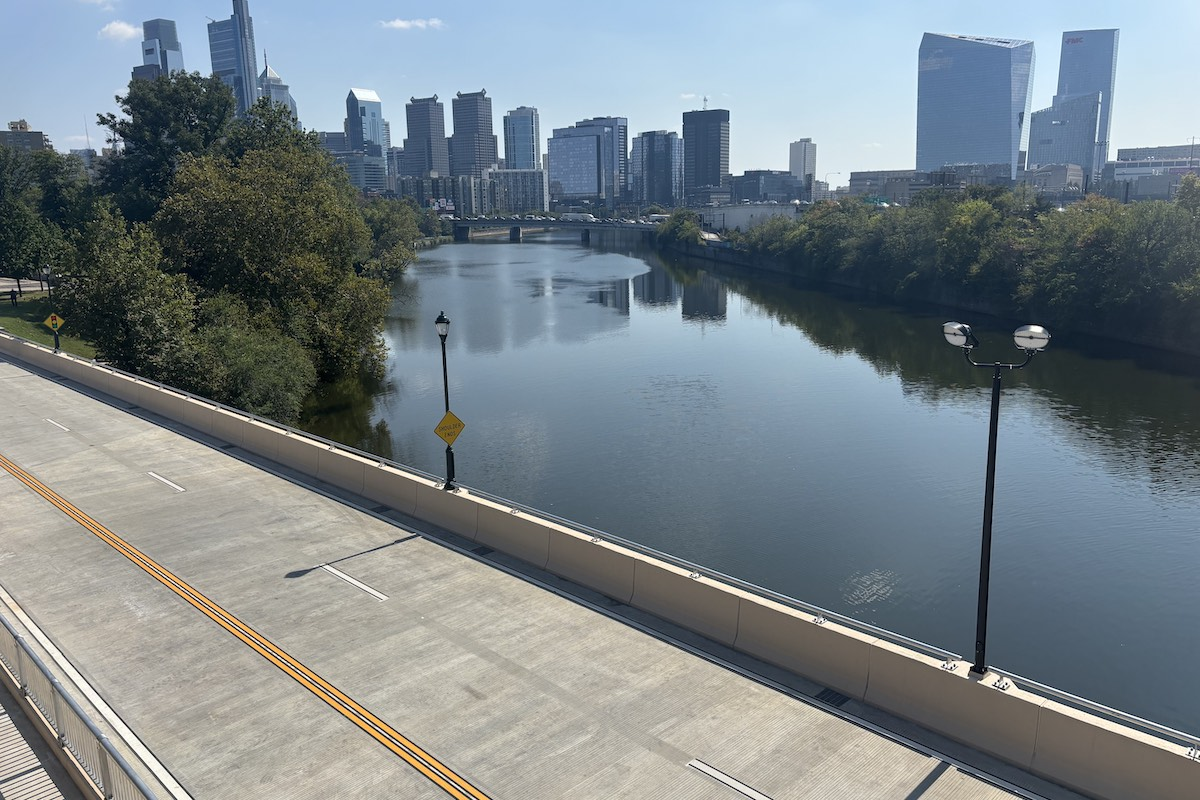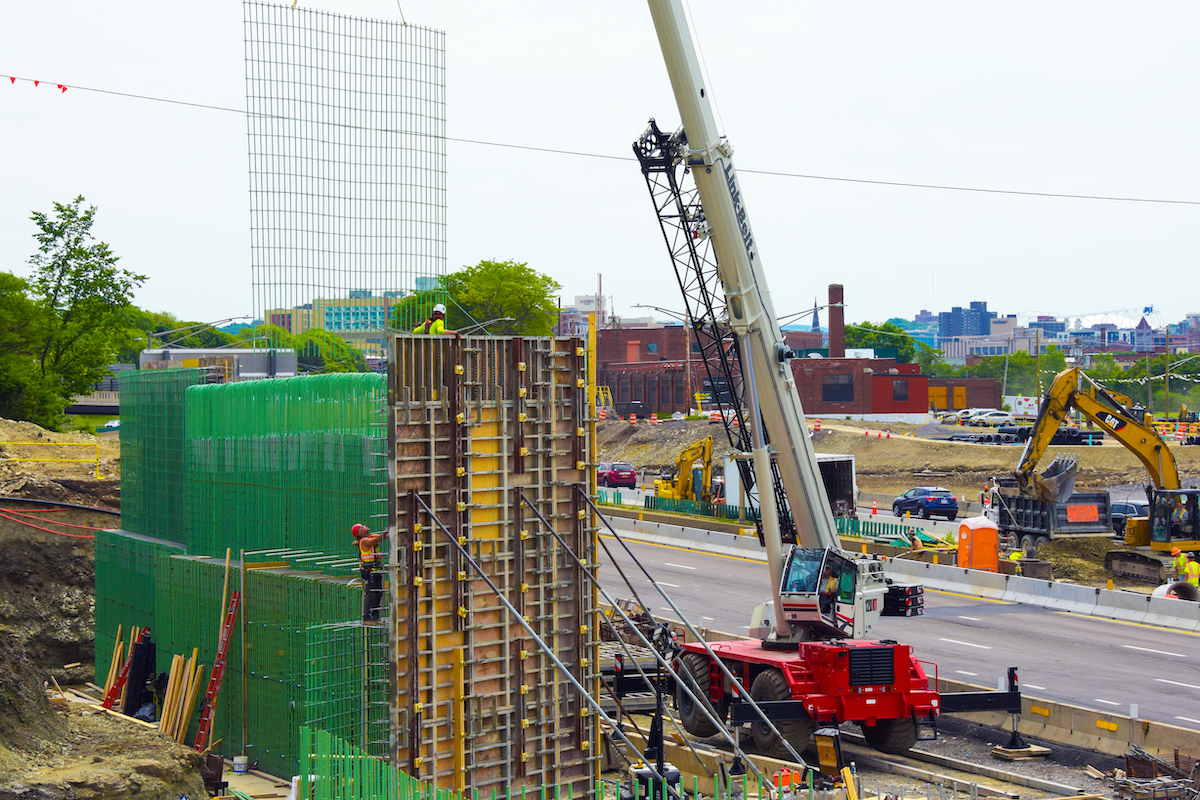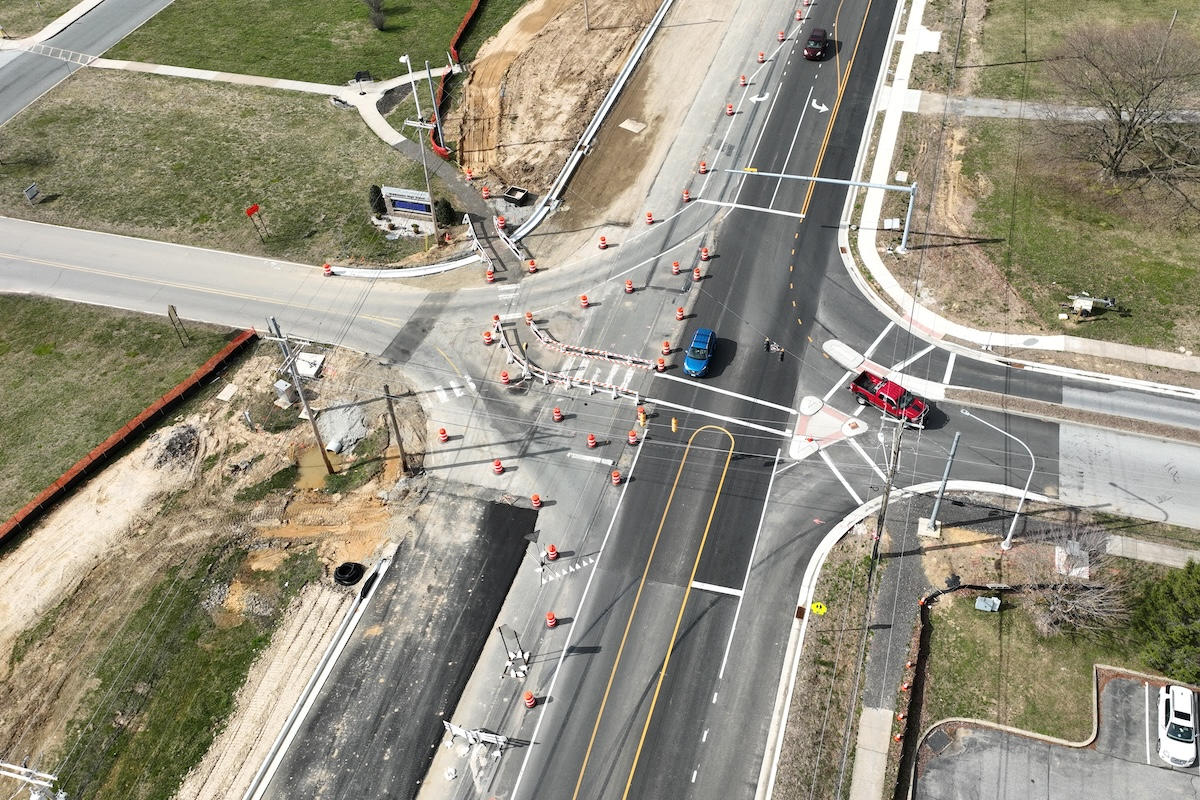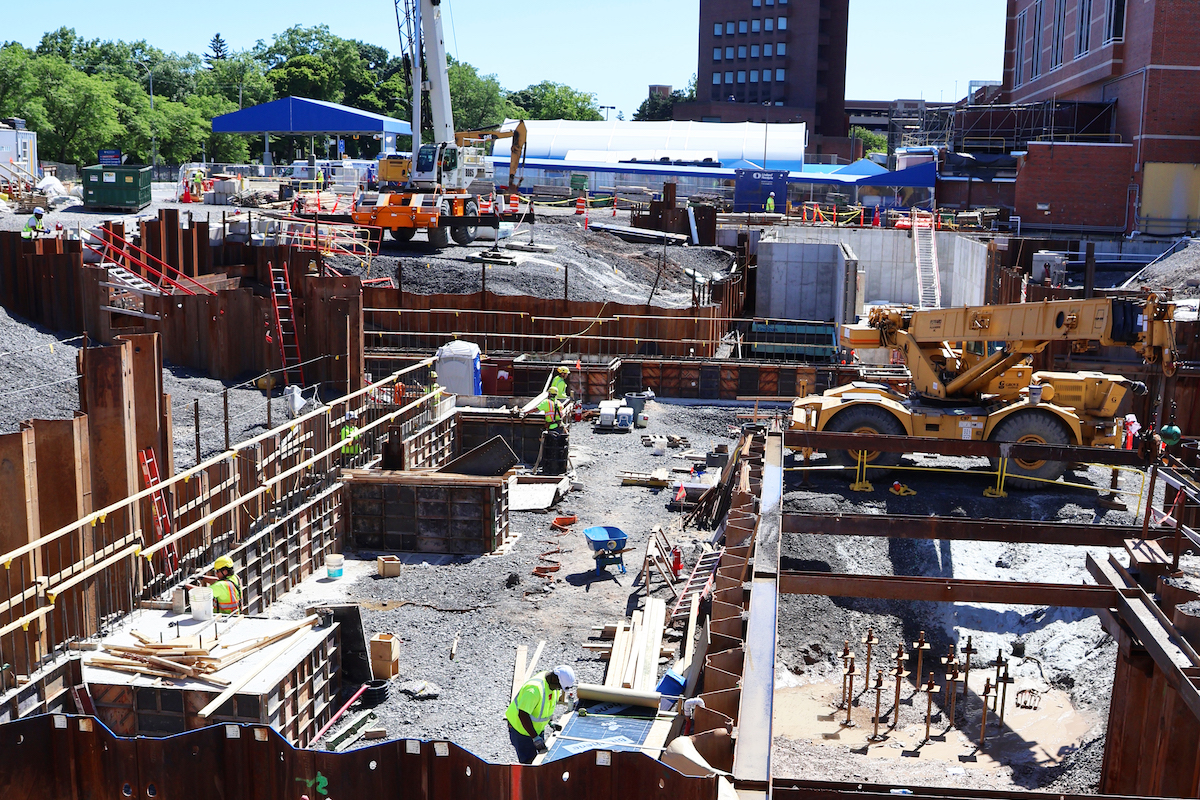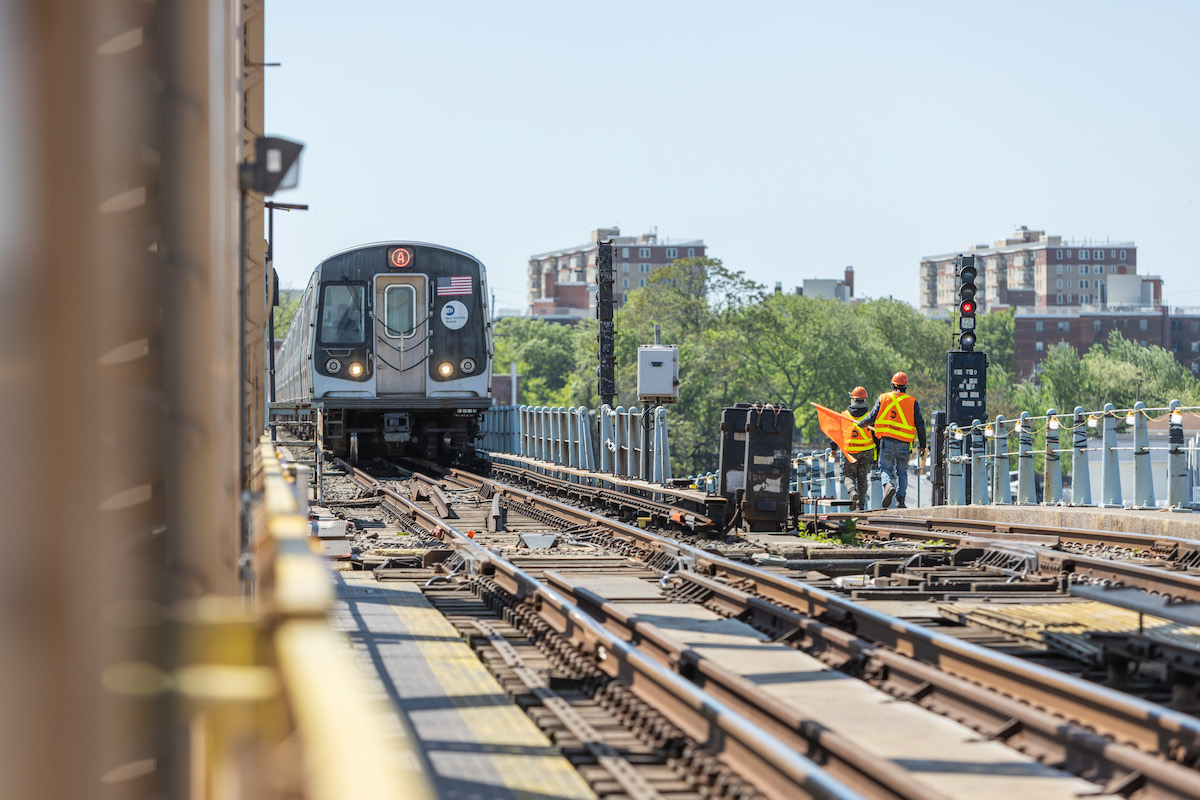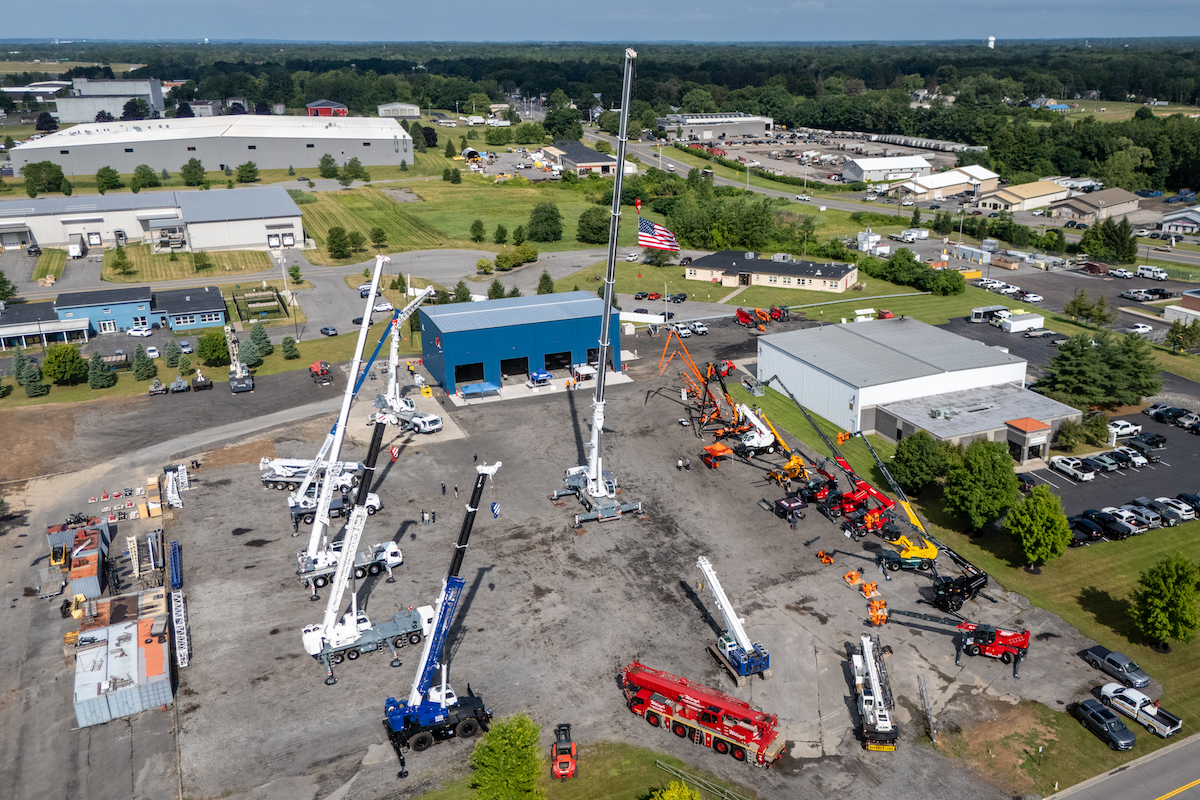"The transformation of Penn Station into a world-class, commuter-focused transportation facility befitting the central hub of the greatest city in the world cannot come soon enough," Hochul said. "We have shared a vision of a single-level unified station with soaring ceilings that welcome natural light, clear, intuitive sightlines, more circulation space, and more connectivity to streets and platforms. With this announcement, the MTA is taking a concrete step toward making that vision a reality."
In accordance with the master plan developed by MTA and its partner railroads, the rebuilt station will:
- Integrate train boarding and all public functions and amenities on a single level with broad concourses and high ceilings
- Create a main concourse on the east side of the station that will be considerably larger than the areas of Moynihan Train Hall and the Great Hall at Grand Central Terminal combined
- Double the ceiling height of the public concourses
- Establish clear sightlines to platform entrances to provide intuitive travel paths through the station
- Increase the number of stairs, escalators, and elevators to the station's 11 platforms by 33 percent
- Improve/enlarge pedestrian entrances
The current Penn Station — the Western Hemisphere's busiest transit hub — serves more passengers than LaGuardia, John F. Kennedy, and Newark Airports combined. Amtrak's operation in the new Moynihan Train Hall provides an opportunity to overhaul Penn Station, eliminating the bulk of the first subterranean level to open up the main concourse to natural light, improving retail and other user amenities, increasing safety and security, significantly expanding passenger circulation areas, expanding entrances and exits, and making it easier for passengers to navigate within the station and to connect to their destinations beyond. The reconstruction of the station is expected to cost between $6 and $7 billion and is estimated to be completed five to six years after the start of construction.
Additionally, Empire State Development announces the creation of the Penn Station Area Public Realm Task Force, which will advise ESD on public realm improvements to revitalize and beautify the area around Penn Station, including reimagined streetscapes and new open spaces. The Public Realm Task Force comprises representatives of involved State and City agencies, local elected officials, community boards, civic organizations, and other stakeholders.

| Your local Trimble Construction Division dealer |
|---|
| SITECH Allegheny |
| SITECH Northeast |
| SITECH Allegheny |
| SITECH Northeast |
The Task Force will be charged with developing a Public Realm Concept Plan, assisted by Architect Claire Weisz's WXY Studio, that includes a prioritized list of desired public improvements like the designs of streets and open spaces, and guiding principles for additional public realm design, programming, and operations. ESD and the Task Force will also work closely with the New York City Department of City Planning to ensure its work is coordinated and consistent with the city's broader public realm planning goals.
A Penn Station Area Public Realm Fund will be created, funded by a portion of the real estate revenues generated by new redevelopment of the GPP sites, starting with a commitment of $50 million in early project revenues.
Hochul also announces the premiere of a video showcasing the state's vision for a new Penn Station and for the revitalization of the area surrounding it. The video encapsulates public presentations made during more than 100 meetings to community groups and elected officials over the past two years, so all New Yorkers can understand the plan, and how — after decades of trying — New York can finally build a New Penn Station.
In parallel with Penn Reconstruction design, the railroads anticipate beginning a review of the Penn Reconstruction project under the National Environmental Policy Act and the National Historic Preservation Act. That review will include outreach as required by law and will be supplemented by a Station Working Advisory Group to ensure as many local and regional voices as possible are heard and the best ideas are incorporated into the design.
Reimagining the station is part of the Governor's commitment to ensuring equitable transit access and achieving economic development. This will be particularly beneficial for users of the forthcoming Metro-North Railroad stations in the East Bronx (Co-op City, Morris Park, Parkchester, and Hunts Point), for whom travel times to and from Midtown will be reduced by up to 50 minutes as a result of Penn Access.

| Your local Trimble Construction Division dealer |
|---|
| SITECH Allegheny |
| SITECH Northeast |
| SITECH Allegheny |
| SITECH Northeast |
"The revitalization of Penn Station will catalyze new investments and development in the surrounding neighborhoods, supporting the overall economic growth of the community, and provide a long-overdue modern transit hub for residents, commuters, and visitors," said Empire State Development President, CEO, and Commissioner Hope Knight. "Through the Public Realm Task Force, we will develop a sustainable plan for improvements in the areas around Penn Station, incorporating feedback from the people who live and work in this critical business district."














